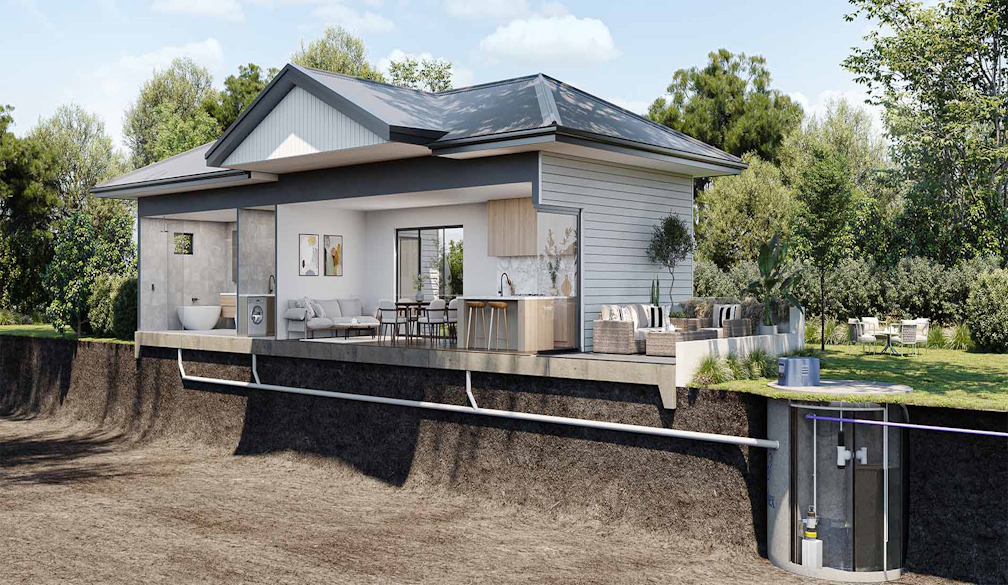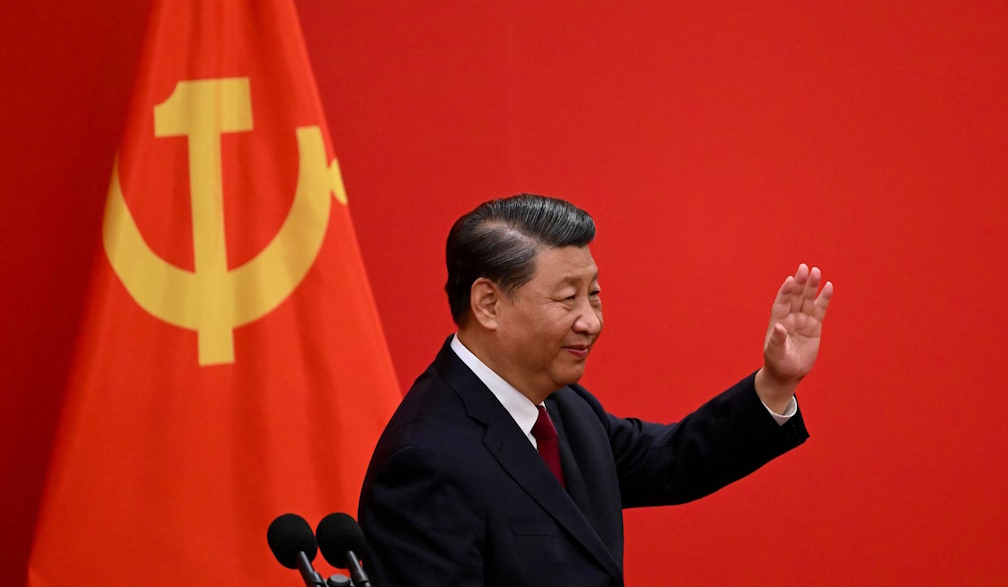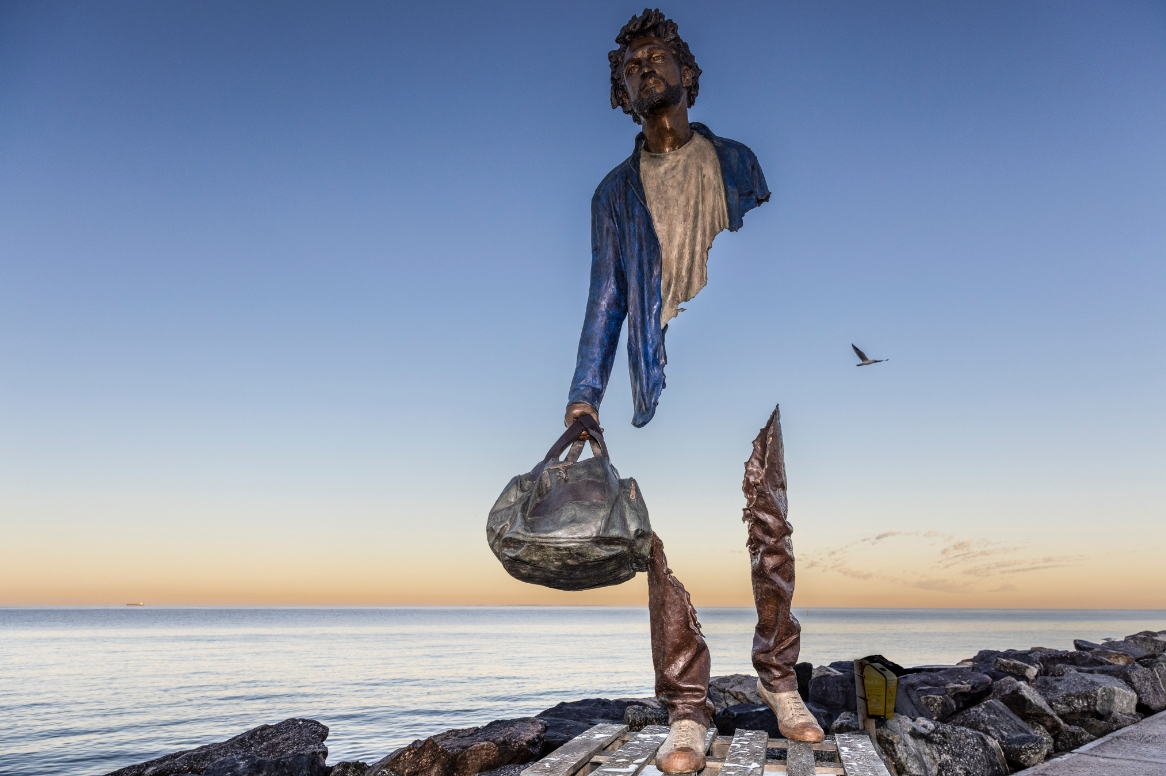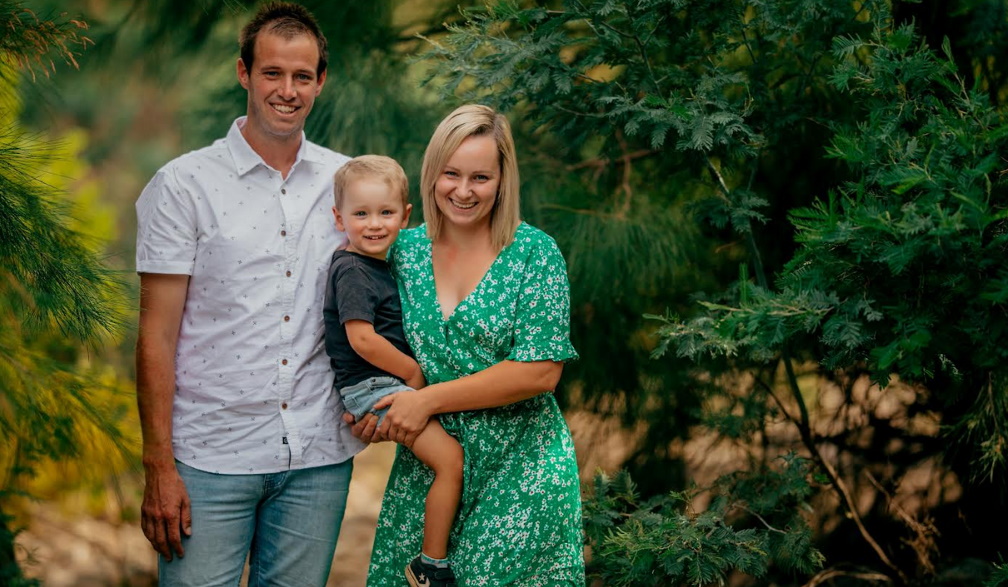Prime Minister's interview with Liam Bartlett, 6PR
- Written by Scott Morrison

LIAM BARTLETT: Prime Minister, good morning. How are you?
PRIME MINISTER: Thanks, Liam. It's great to be with you, and g’day to everybody in the West.
BARTLETT: Look, thanks very much for your time this morning. Most West Australians have woken up to a front page of the Premier saying that if we open the state up at 70 per cent, we've got hundreds of lives and we're going to shut the mining industry down. It's Armageddon. What do you think?
PRIME MINISTER: Well, look, I understand that people want to be cautious, and I understand that Western Australia has done, you know, very well in keeping COVID out, and that's to everybody's credit there. There's no doubt about that. But, equally, once you get your vaccination rates up at double what they are now in Western Australia - and we're currently sitting at fully vaccinated of around 31 per cent, still not half of Western Australia is vaccinated with their first dose - but when you get more than double where you are now, the level of protection, it's like living in another world. And, at some point you've got to step off the shore. Now, you've got to do it safely. I totally understand the caution in Western Australia, and I know the situation in Western Australia is different to my home state in New South Wales, where they've got over a thousand cases a day, and people don't, you know, are obviously nervous about that. But, that's why the national plan we've developed is a very safe one. At 70 per cent, then, you know, I think what in Western Australia what you'll see is people keeping going on and doing what they're doing right now. But, what we have to be concerned about in Western Australia also, because there aren't very many restrictions in place, if Delta were to come to Western Australia - which it eventually will, and I think the Premier understands that - then it would move quite rapidly through the population. So, the task is to prepare. The task is to ensure that whether it's our hospital system, how we do testing and tracing, the sort of common sense restrictions that will need to be in place to live with the virus - they’re the things we have to prepare for, and that's what the national plan is all about. As for the mining industry, I know talking to business leaders in Western Australia more broadly, directly, and they've said it themselves, I mean, Western Australia has always had workforce shortage issues. Now, that goes back to pre-pandemic. And, and as a result, the longer you keep Western Australia shut up, the longer those businesses and those industries are going to struggle to get the workers they need to go ahead. So, Western Australia's done well to now, don't get me wrong, but to go well in the future, you've got to move forward.
BARTLETT: Well, that's the point, isn't it. I mean, do you think these comments are alarmist? I mean, do you think they help with our vaccination rollout, as slow as it is? You know, if you had a chance to talk to Mark McGowan directly today, if you were speaking to him face to face, what would you say?
PRIME MINISTER: Well, it's the same thing I've been saying all along, and directly, and we've had many conversations about this, and that is to lift the vaccination rate there needs to be an understanding that if you're vaccinated, there will be things you'll be able to do that you wouldn't otherwise be able to do. That's the best incentive for vaccination. That's what's driving up the vaccination rates in other parts of the country. One of the reasons that vaccination rates are much lower in Western Australia, it's partly a product of the success of there not being, having been any COVID, and people think that borders protect people from the, from COVID. Well, no, I'm sorry, the Delta variant is stronger than borders, and the best protection is getting vaccinated. And, and that means that people will be able to go to Bali again. They'll be able to go and travel again. Families will be able to be reunited. Businesses will be able to get the workers they need. The economy will be able to move forward. Now, that doesn't, of course that means there'll be COVID cases. I mean, if you’re going to live with the virus, well the virus eventually turns up. But, the truth is, you do that in a way where you're seeking to control it, not it have it control you, and locking your state down and causing the terrible harm that we're seeing in the eastern states now.
BARTLETT: Well, there appears to be very different - and I'm sure you'd agree with this - there's very different interpretations over what's been agreed to at National Cabinet for the national plan. Do you expect everyone, including Mark McGowan, to toe the line on this, Prime Minister?
PRIME MINISTER: Well, everyone's starting in a different place. I think that's important to acknowledge. I mean, in New South Wales and Victoria and the ACT, we're in lockdown. And, so, obviously the restrictions easing in those states are going to be very different to what's happening in Western Australia or Tasmania, where there aren't COVID cases and people can, at the moment, pretty much do whatever they want to do. But, when COVID is present in a community, there will need to be sensible restrictions, people will need to be vaccinated. And, so, it eventually becomes a choice between whether, you know, how long Western Australia can just sort of make its own way and stay closed off to the rest of the country, and, I stress, the rest of the world. And, Western Australia has always been an outward looking state. Its economic success has been founded on being outward looking and for that to continue in the future, you’ve eventually got to get yourself on that point. Now, I expect it to go slower in the West, because that's what the vaccination rates are doing. But, my point, particularly whether it's in Perth or it's in the remote regions of Western Australia, please get vaccinated, because Delta will come at some point. And, at that time, only the vaccine will provide you that protection. Borders and other things won't.
BARTLETT: Prime Minister, do you feel any electoral pressure in making comments that may be construed as anti-McGowan? Because, as you know, many people here in WA think that he's kept them safe and done a fantastic job.
PRIME MINISTER: Well, I wouldn’t say they are. It's not, it's actually not about me or Mark at all. We actually get on very well and we work together very constructively. And, so, that's not the point. The point is just how you manage COVID-19. And, we’ve worked together closely on so many parts of the response, and Western Australia has done very well. And, I want Western Australia to do well in the future, and that means we are going to have to go, going to have to go through a gear change, because you've got to be able to live with the virus at some point. And, what the medical science shows, that when you get, you've got to be careful at 70 per cent - and what I hear is the Premier wanting to be careful at 70 per cent - that's not at odds with what we're saying. And, at 80 per cent, then you can live with the virus with sensible precautions. That means you can open up. It means you can engage with the rest of the world. It means Australians can connect with their family in the eastern states again. They can connect with the rest of the world. They can go and find those markets and run their businesses and get the workers they need. And, that's the next step. And, I get it that it's a bit of a scary step, but we can't live in fear of this thing. We've got to live with it.
BARTLETT: But, he appears to be suggesting that this state, WA, will be a few months behind your national schedule, and a few months if we get our fair share of vaccines from the Commonwealth. Is there a problem there?
PRIME MINISTER: No, there's not. There's absolutely not. I mean, Western Australia's received their per capita share of the distribution of vaccines to the letter, and any additional vaccines that we're able to secure, they will get their per capita share. And, you know, that has meant that in Western Australia, there's been some 746,000, and that's just the Pfizer. There's been over 300,000 AstraZeneca that has been able to be delivered into Western Australia. And, and the vaccination rate, yes, it is lagging in Western Australia. I put that fundamentally down to the fact that there may be more, not the same sense of urgency in WA as there is in other states, because they're not locked down.
BARTLETT: Alright.
PRIME MINISTER: And, that's understandable. I get it. But, it's important that we lift those rates. And, I know the Premier’s trying to lift those rates. I know he is. We've talked about it and we both want to see those lift, and there will be more Pfizer doses coming into Western Australia, and AstraZeneca. AstraZeneca has not had the uptake in Western Australia that it has in other states, and where it's been very strong in New South Wales and Victoria, and that is, that is fundamentally the reason why their vaccination rates have increased much higher than other places.
BARTLETT: It's unfortunate this has degenerated into a ‘he said, you said’ situation. But, Prime Minister, one last question on this, because from tomorrow, WA’s health system, which is in a fair bit of strife anyway without a COVID case in hospital, has postponed hundreds of elective surgeries. Now, the Premier seems to think it's actually your fault that our hospitals can't conduct this surgery because of your NDIS and aged care.
PRIME MINISTER: Well, I don't buy that, because since we came to Government we've increased funding to WA hospitals by 72.8 per cent. The WA State Government, over the same time, has increased it by just 18.4 per cent. So, we've increased funding to state hospitals in Western Australia four times the rate of the Western Australian State Government, and that doesn't include the extra billions that I was able to deliver as Prime Minister and Treasurer in additional GST revenue to ensure that WA got its fair share of GST. Now, that was there to fund hospitals. Western Australian Government has been very clear about their surplus, and I congratulate them on the surplus. But, that surplus was also the product of that GST revenue that I delivered as part of WA getting its fair share. So, you can't sort of have it both ways. You can't say, “I've got a surplus, but I'm not spending enough money on state hospitals.” We're spending on state hospitals in Western Australia. And, so, that is a matter, that is an issue I wish the State Government well with, and I encourage them along those lines. Hospitals are a state responsibility and they're getting significant funding from the Federal Government.
BARTLETT: Prime Minister, we'll leave it there. Thanks very much for your time this morning.







